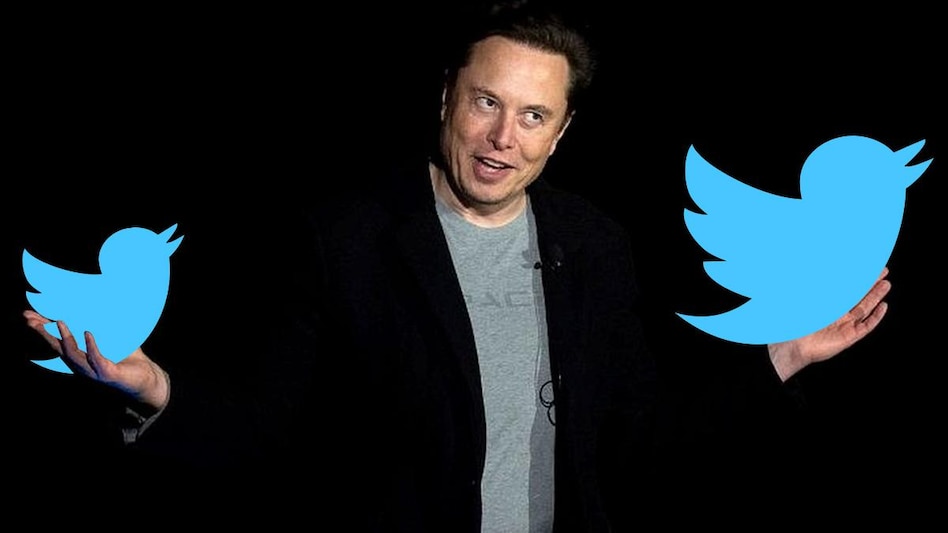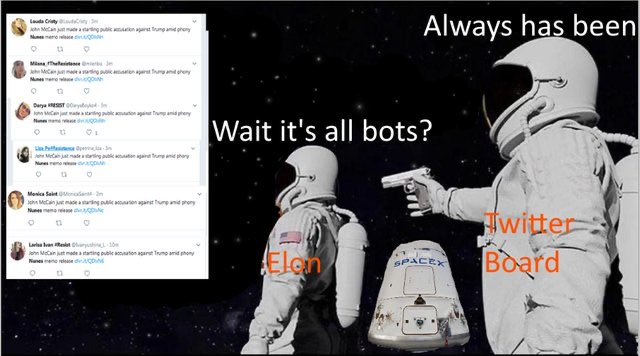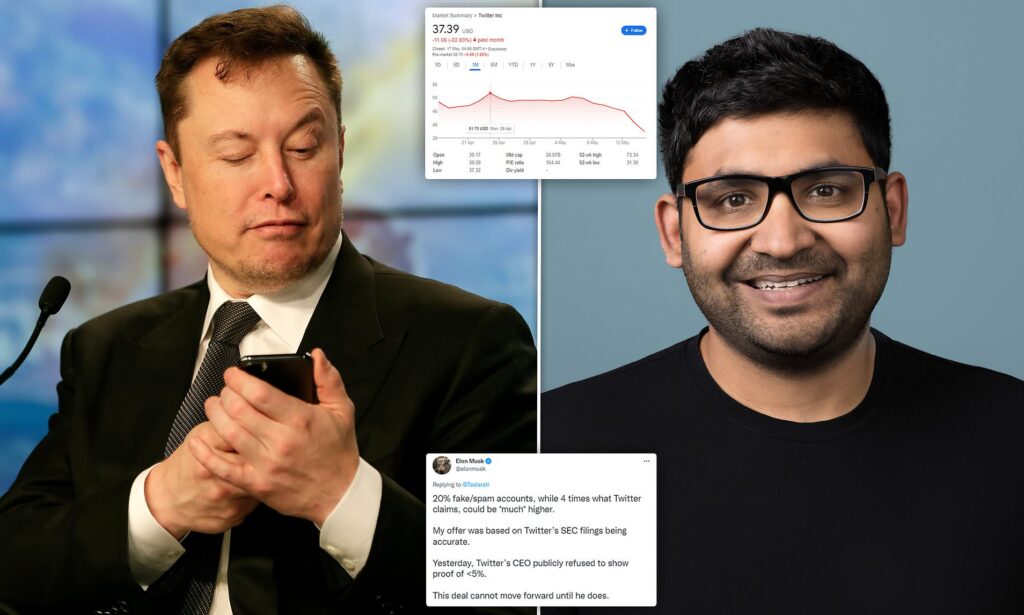
Tesla CEO, Elon Musk Questions Twitter About Fake Account Metrics
Elon Musk questions Twitter about fake account metrics – a controversy that has been going on for a while on Twitter.
It is no longer news that Twitter has been acquired by the CEO of Tesla, Elon Musk. The board of directors of Twitter accepted Elon Musk’s offer of $54.20 for every share, or $44 billion, for overall control of the company on April 25th. This was the same figure he mentioned in his original proposal on April 14th. Twitter becomes a private company once the transaction is completed.
Twitter’s CEO attempted to reassure many reviewers that it would, but he also discussed how the organization was getting ready for a variety of scenarios. That means he had some reservations as well.
Soon after, we saw Musk tweeting about how he was especially interested in the deal but it was taking his time to examine all aspects of it, which include metrics encompassing fake accounts.
The news was not well received by Twitter, which had already stated that these were the facts and evidence they had, and a billionaire attempting to raise all types of questions definitely had many questioning whether Twitter was speaking the truth.
Musk has even gone so far as to invite his own fan base to conduct their own experiments to determine whether Twitter’s claims of only 5% fake accounts were correct or not.
While some thought Elon Musk was simply trying to buy so much time before the transformation, others thought he was trying to get a better deal by bringing up these points that make up a solid argument.

As a result, with this chit-chat going on, CEO Agrawal really wasn’t going to be sitting quietly. That’s when we saw the CEO publicly confront Musk’s criticisms, providing justification for just about everything Twitter has already been accused of in terms of fake accounts.
To begin, the CEO stated that the overall process of identifying bots is undoubtedly difficult. And it certainly couldn’t be done from the perspective of a typical viewer.
Agrawal explained how some junk mail campaigns are so sophisticated that they merge human and automated efforts. Furthermore, they severely damage real accounts in order to get benefits and advance their campaigns. The most difficult part is that those who appear to be fake may perish.
Following that, the Twitter CEO emphasized how the company constantly updates its systems and policies to eliminate spam while ensuring that real people are not removed in the process. Nobody wants to do business with unnecessary friction while actively using the platform.
As a result, it stands to reason that you can’t just sit there and start randomly determining which accounts are fake. And this is where Elon Musk’s argument comes in.
The billionaire stated how counting systems, such as CAPTCHA, could be used to validate accounts. But, once again, Twitter’s CEO says it’s not as simple as it appears. Twitter has a policy in place that contains a checklist to determine which data is genuine and which is not. He explains everything in this tweet.

That indicates there are a large number of items that contribute to the final result, which cannot be seen with a simple eye test.
Furthermore, we saw Twitter’s CEO defend the company’s involvement in the quarterly analysis of spam records and human reviews of suspicious accounts. Every year, they are sampled randomly as part of the firm’s standard procedure.
But that was an intriguing point because Musk claims that the organization only looks at 100 account names as specimens to get an estimate. The Tesla CEO issued a shocking tweet in which he fully revealed how Twitter’s legal team was chastising him for having violated the company’s NDA, where the bot size of the sample was checked.
What’s fascinating is how a multibillion-dollar transaction is surrounded by controversies based on simple misunderstandings. Evidently, the back and forth theories are fascinating for the rest of the world to watch because things like this are rarely if ever, outlined in the public eye.